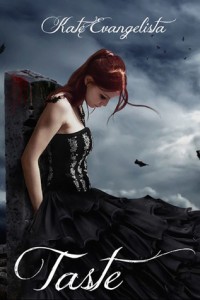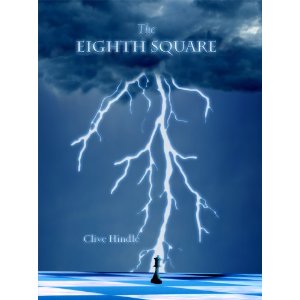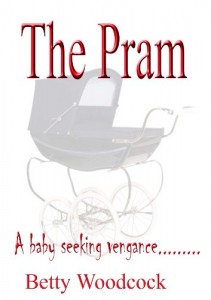Author, Kate Evangelista sent me an e-copy of her new YA novel Taste.
Description from Goodreads:
At Barinkoff Academy, there’s only one rule: no students on campus after curfew. Phoenix McKay soon finds out why when she is left behind at sunset. A group calling themselves night students threaten to taste her flesh until she is saved by a mysterious, alluring boy. With his pale skin, dark eyes, and mesmerizing voice, Demitri is both irresistible and impenetrable. He warns her to stay away from his dangerous world of flesh eaters. Unfortunately, the gorgeous and playful Luka has other plans.
When Phoenix is caught between her physical and her emotional attraction, she becomes the keeper of a deadly secret that will rock the foundations of an ancient civilization living beneath Barinkoff Academy. Phoenix doesn’t realize until it is too late that the closer she gets to both Demitri and Luka the more she is plunging them all into a centuries old feud.
Review:
I’m gonna just say up front that this review is based on my personal opinion, likes and dislikes of Taste. I say that because I have no real qualms with the writing, plotting, or pacing of the novel. In all areas it was fine. However, I find that I really didn’t much like the book. Given that the basic structure of the book was appropriate my dislike can only be caused by personal likes and dislikes, which can be expected to be different for everyone. What rubs me the wrong way might delight another reader.
I really expected to like Taste. I love The Vampire Knight and the plot sounds so similar…mysterious, beautiful night students attending an upscale private academy. But there the similarities end.
To start with I generally dislike pathologically stubborn heroines who mouth off in the face of danger. I didn’t like it in Bella. I didn’t like it in Luce and I didn’t like it in Phoenix. I really really disliked Phoenix. I get that she is tough and fearless, with real authority issues. That came through loud and clear, but surely you would expect her to have at least a little sense of self preservation. Nope…none, none at all. In fact I would call her actions suicidal. Each time she displayed a complete lack of self-control and allowed her mouth to almost get her killed or chaffed at being given life saving instructions I found myself thinking, “I really don’t want to read this.” Seriously, Phoenix’s anger at being told what to do (or not do) is comparable to someone getting angry and stepping into on-coming traffic just because they’ve been told not to. Then because they miraculously managed not to get killed, acting like their actions were reasonable and their anger over being given an instruction just.
She really rubbed me the wrong way. I don’t think I’ve ever come across a main character who was quite so selfish. Her sob story about her dead mother and distant father was no where near enough to soften my feelings for her and tempt me to forgive her behaviour. She showed a complete disregard for the fact that she was endangering herself and EVERYONE around her. She was angry when she wasn’t given information she had no reasonable reason to be entitled to. She had the arrogance to think that based on nothing more than a brief overheard conversation she had the right to start interfering in the lives and politics of a nation she knew NOTHING about. In her dealings with Calixta she proved herself to be both jealous and cruel. I didn’t like her at all. Which is a real shame because I really liked everyone else. Luka was playful and mysterious. Demitri was wonderfully conflicted and just as sexy as he was meant to be. Dray made a great loveable buffoon of a mad scientist. I even liked Yana and Preya. If I could have cut Phoenix out of the picture I would probably have really liked the book. I don’t think she deserved her happy ending.
Next, love triangles drive me insane. Especially when the girl in the middle doesn’t seem to have done anything to warrant the attention of two men (in this case, not just two men but two beautiful, powerful crown princes no less). The reader never does really find out what about Phoenix is so appealing. There is the whole bond between her and Demitri to contend with, but his attachment to her seems to predate that. Why?
I did appreciate the detailed social structure of Barinkoff City and the Zhamvy society. Evangelista obviously put a lot of time and thought into it and it shows. I liked that contrary to the norm, the male lead was willing to at least say the people are more important that me or you…yes the whole is generally more important that any single piece of itself. I also thought that the occasional use of teenage vernacular from the narrator along the lines of ‘Dude I’m so high right now’ matched the character from whose point of view the story was told.
I like a good paranormal romance as much as the next person, but Taste seemed to take the characteristics of the genre and distill them until so strong they were difficult to stomach. It just wasn’t for me. However, I think that those who not only liked, but loved Twilight or Fallen will adore Taste. It even has the one word title to ease its transition into the clic. For those people I strongly recommend it. For the rest of us, I’m not so sure.




